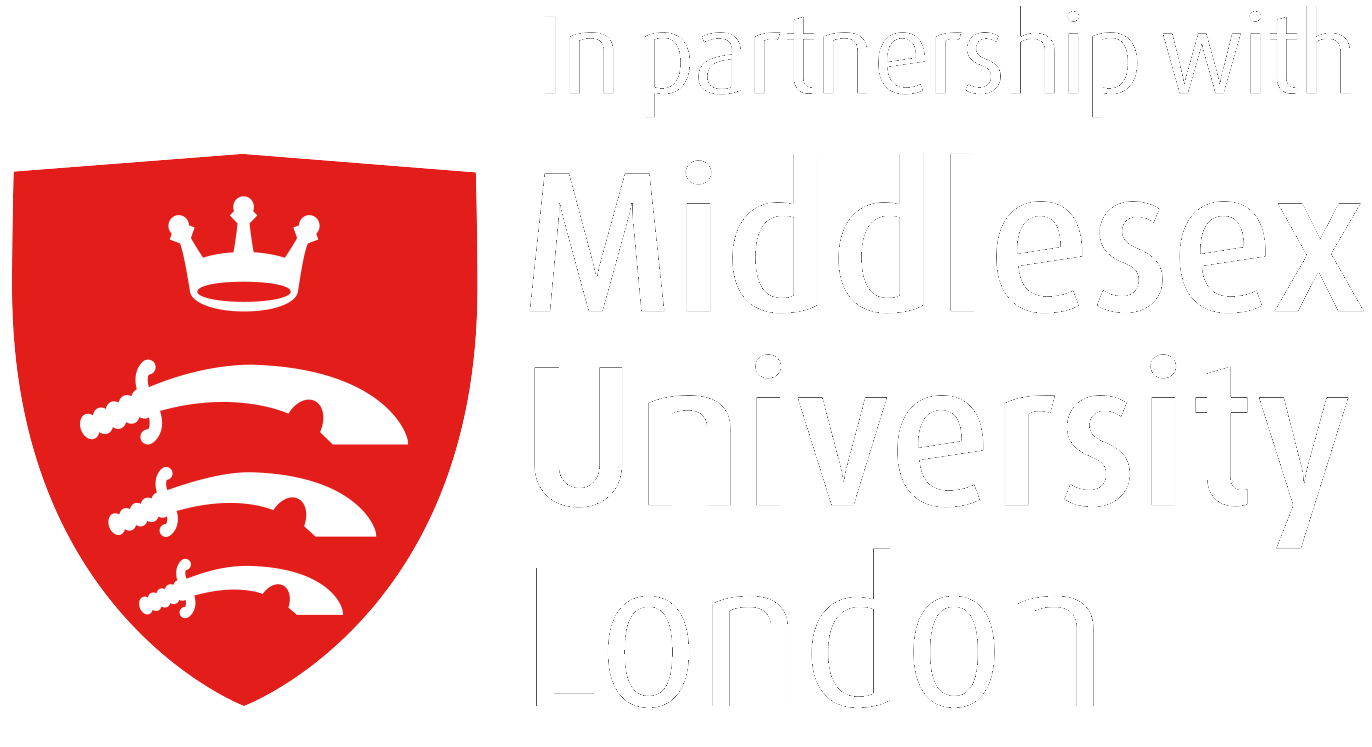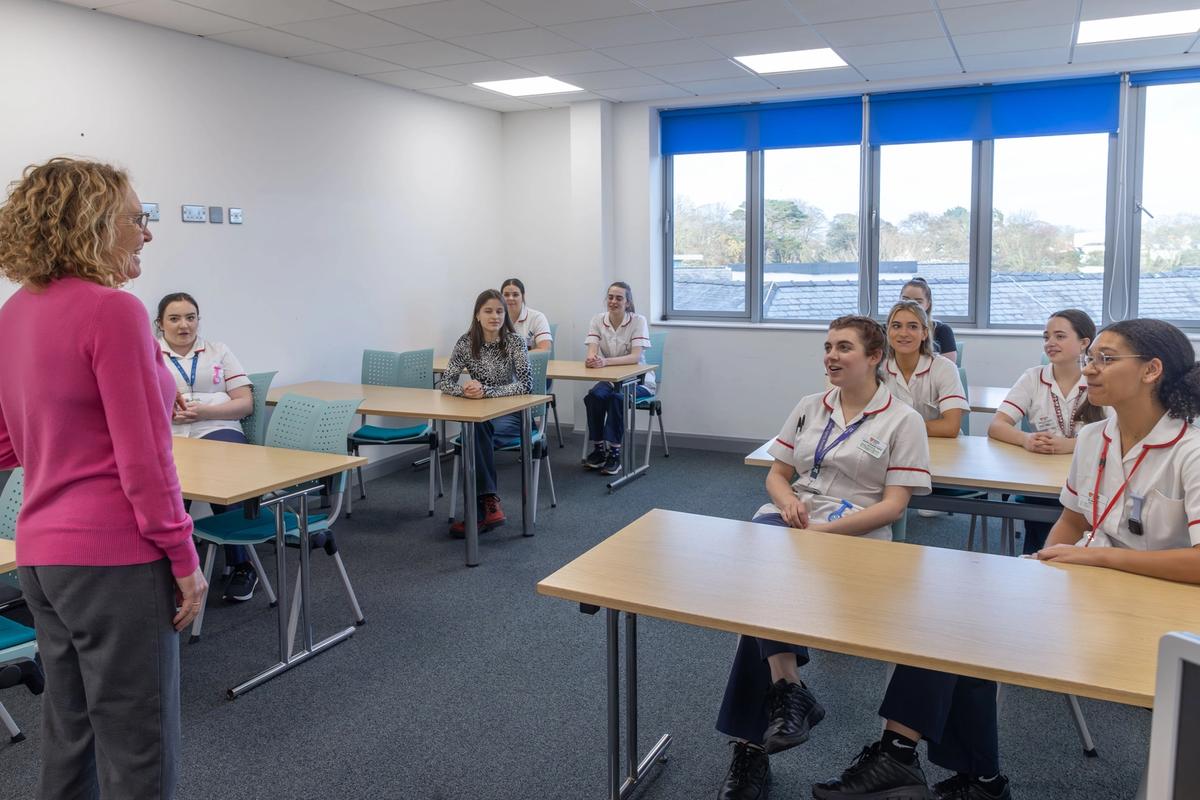Introduction
This module is designed to enhance your knowledge and skills in coaching and mentoring adult learners within your advanced role. You will explore policy, theory and practice of coaching and mentoring as a strategy for developing people. This module is designed for a range of professionals including lecturers, teachers, managers and senior leaders. this can be taken as a stand-along continuing Professional Development module or could be part of a pathway to a Post-Graduate Certificate, Diploma or Masters.
Module Overview
- Models of coaching and mentoring
- Purpose of coaching and mentoring
- Accountability and ethics
- Roles and responsibilities
- Reflection and reflective practice
- Learning conversations
Entry Requirements
Students accessing this programme will normally hold a relevant first degree (2:2 or above). Consideration will be given to applicants who have extensive experience and can demonstrate that they have the equivalent 'graduate level' skills by virtue of this experience. These individuals will be able to seek alternative entry through the accreditation of prior learning process. International students must demonstrate competence in English language through IELTS 6.5 (with minimum 6.0 in all components) or equivalent.
Fees, Funding & Careers
Funding may be available for States of Guernsey employees. Please discuss with your manager.
Situated within Guernsey’s main hospital, the Princess Elizabeth Hospital Campus is home to TGI University Centre.





